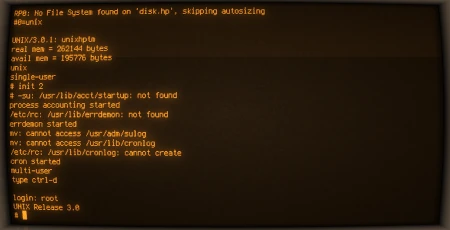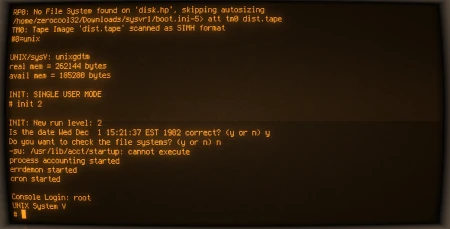OS161
Web site: www.os161.org | www.eecs.harvard.edu/vino/ (not active) Origin: USA Category: Workstation Desktop environment: CLI Architecture: unknown Based on: BSD Wikipedia: Media: Install The last version | Released: 2015 OS161 – a teaching operating system, that is, a simplified system used for teaching undergraduate operating systems classes. It is BSD-like in feel and has more “reality” … Read more



